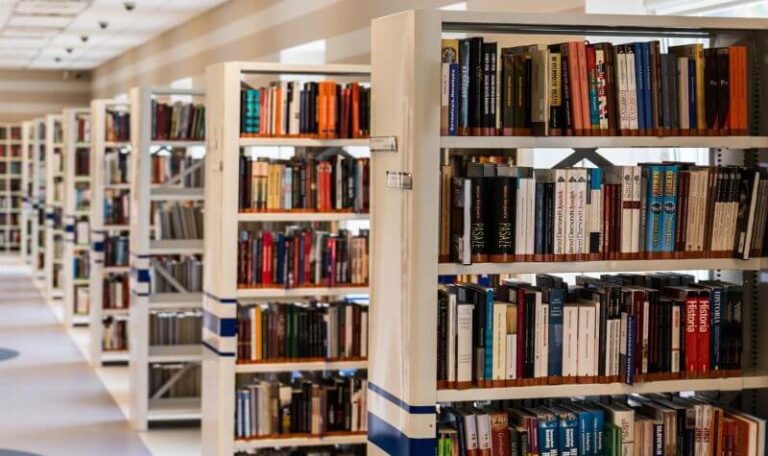Higher Education Utility Audits
Higher education utility audits for colleges and universities help institutions recover lost funds and reduce energy costs. What’s driving up your energy consumption? UtiliSave understands the unique energy challenges facing colleges and universities today. With rising energy costs and increasing demand for sustainability, professional higher education utility audits are more important than ever. We maximize energy savings while maintaining comfortable and efficient environments for students, faculty, and staff.
We find savings in 94% of the cases we see, and our success stories speak for themselves.

Why Higher Education Utility Audits Matter
According to the U.S. Energy Information Administration (EIA), education buildings account for 13% of all commercial energy consumption in the U.S. This massive footprint means even small billing errors can cost your institution millions.
A higher education utility audit is a comprehensive assessment conducted at a college or university campus to evaluate usage, identify inefficient areas and recommend conservation and sustainability strategies. Qualified professionals or energy management firms typically conduct these assessments using their expertise in analyzing energy consumption patterns and building systems.
During a utility audit for colleges, our professionals examine various aspects of energy usage, including heating, electricity, air conditioning, water usage, electrical appliances, building insulation and lighting systems. Utility cost recovery may involve data collection through utility bills, meter readings and on-site inspections of facilities and equipment.
The goals of a higher education energy audit include:
- Identifying opportunities for energy improvement to reduce energy consumption and costs
- Assessing the condition and performance of existing infrastructure and equipment.
- Prioritizing energy-saving measures based on their potential impact and cost-effectiveness.
- Recommending strategies and technologies for optimizing energy use and reducing environmental impact.
- Providing a roadmap for implementing energy measures and tracking progress over time.
Utility cost recovery is divided into four phases: planning, investigating, implementing and sustaining. Proactive universities and colleges will repeat these steps continually to improve energy efficiency.
Common Campus Energy Challenges
Universities function like small cities, making their utility management incredibly complex. Unlike a single office building, a campus has:
- Mixed-Use Facilities: Dorms, labs, classrooms, and stadiums all have different energy profiles and rate structures
- Central Plants: Many campuses operate their own central heating/cooling plants, which are prone to fuel billing errors.
Legacy Infrastructure: Older, historic buildings often lack modern metering, leading to estimated billing that favors the utility company, not the university.
Our higher education utility audits specifically target these pain points, ensuring that every meter on campus is billing correctly.
Benefits of Utility Bill Audit for Colleges and Universities
The cheapest way to lower utility expenses in higher education is by forming better energy consumption habits, which include:
- Turning off computers when not in use.
- Set thermostats within 8° of outside temperatures
Use natural light and turn off lights whenever possible
UtiliSave reviews your energy consumption habits and makes recommendations to reduce expenses.
The Value of a University Utility Audit
Utility costs can make up 20–30% of a university’s budget. Billing errors and incorrect rate structures are frequent, often resulting in overpayments that strain resources. A thorough utility bill audit for colleges and universities can reveal and correct these costly mistakes.
Recovering lost funds strengthens your financial position and frees resources for core academic priorities. Our savings reports show real client outcomes and refund amounts.
Frequently Asked Questions
Universities typically see a significant ROI. Since campuses use massive amounts of energy, even a 2-3% error correction can result in hundreds of thousands of dollars in refunds.
Not at all. Our audit is primarily a data analysis process. We review your invoices and tariff structures remotely. If a site visit is needed, it is non-intrusive and requires no downtime.
Absolutely. By identifying waste and verifying usage data, our audits provide the baseline accuracy needed for any serious sustainability or ESG reporting.
Get Utility Cost Recovery Today
Unlock money from your utility bills to enhance your company’s financial performance and boost your Environmental, Social and Governance (ESG) rating by reducing the reported carbon footprint. Our in-house legal team specializes in utility billing-related issues and assists our auditors in fighting on behalf of our clients.
Contact us today to uncover hidden energy savings and create a greener future for your institution.

